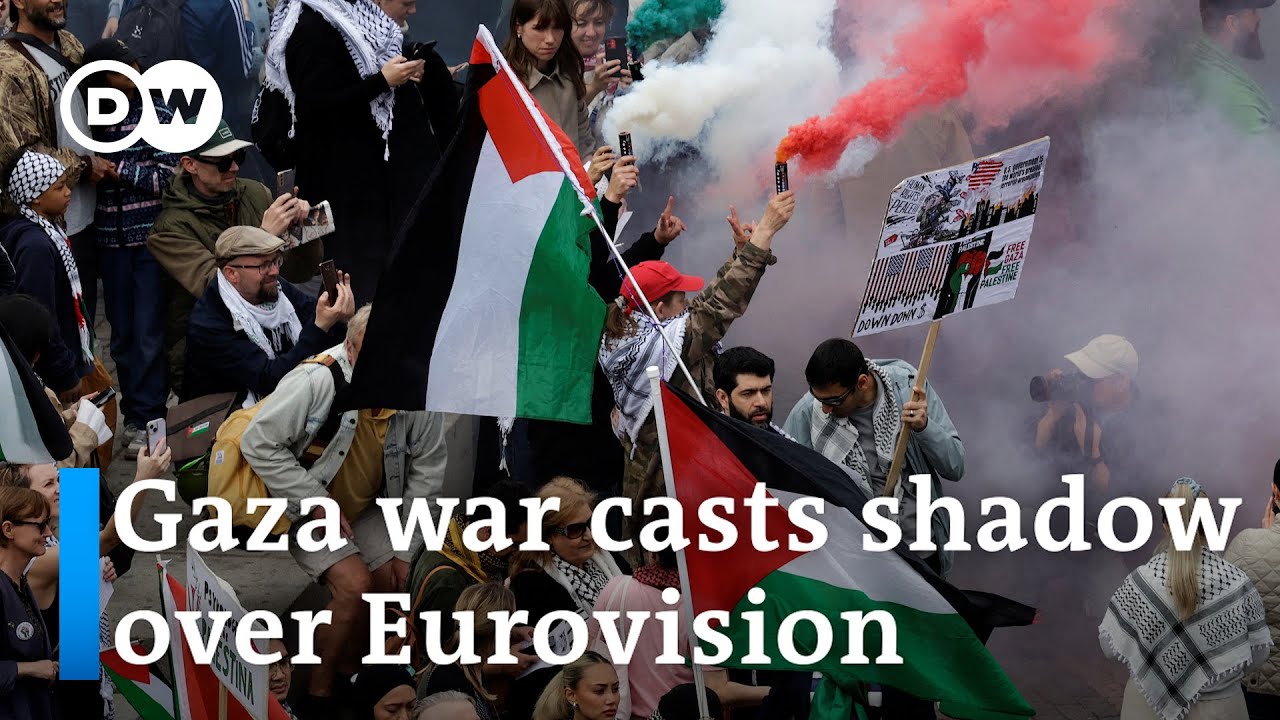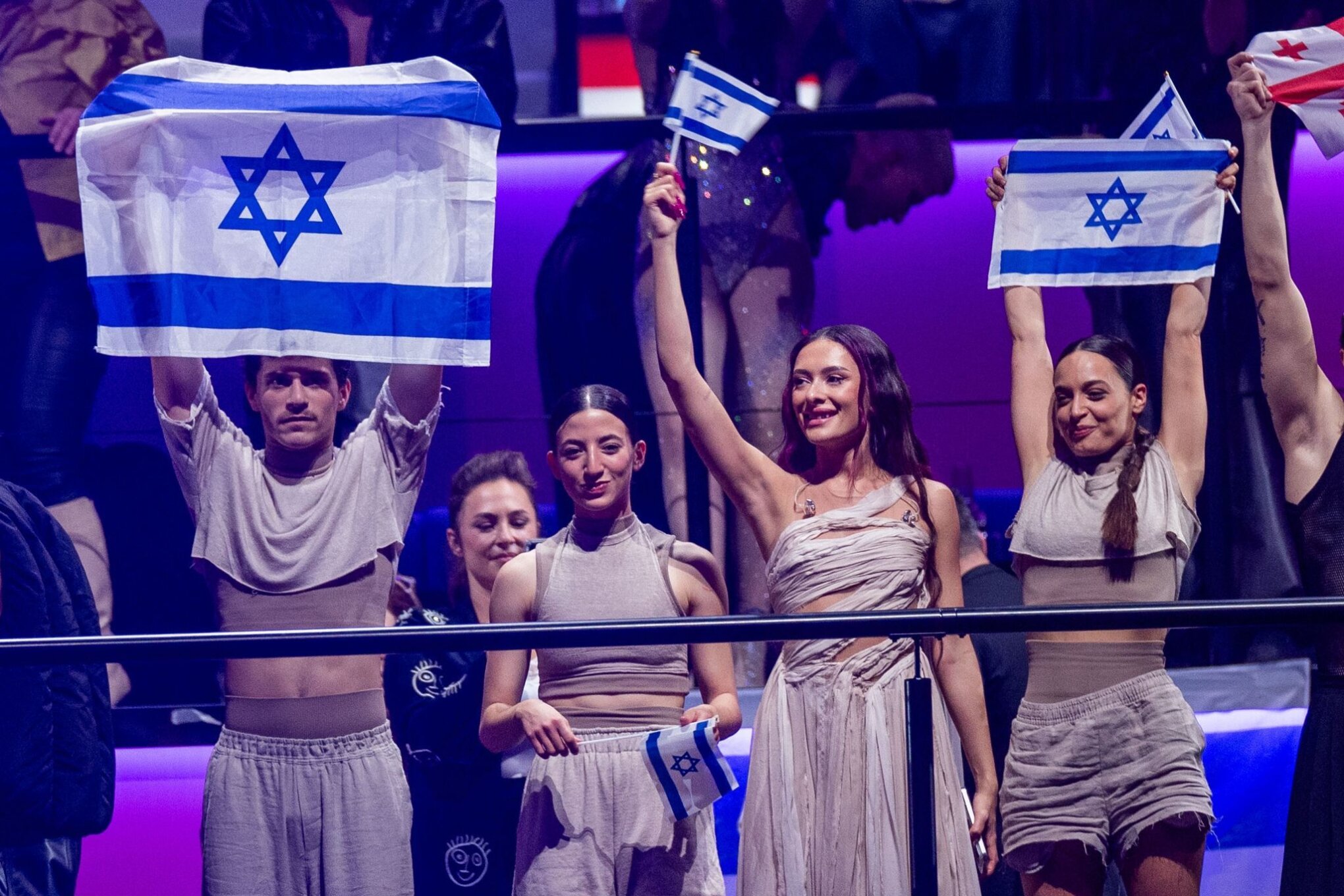Eurovision Israel has captivated audiences worldwide, showcasing the nation’s vibrant musical heritage and shaping the competition’s cultural landscape. From its debut to its iconic victories, Israel’s Eurovision journey is a testament to the power of music to transcend borders and unite people.
Israel’s Eurovision history is a tapestry of triumphs and unforgettable performances. Its first participation in 1973 marked a milestone, and subsequent wins in 1978, 1979, and 1998 cemented its status as a Eurovision powerhouse.
Israeli Eurovision Songwriting and Production
Israeli Eurovision entries have consistently showcased innovative songwriting and production techniques that have shaped the sound of the competition. Israeli composers and producers have a knack for blending traditional Middle Eastern melodies with contemporary pop arrangements, creating a unique and memorable sound.
Common Lyrical Themes
Israeli Eurovision songs often explore themes of love, loss, and longing. They frequently incorporate elements of Jewish culture and history, reflecting the country’s rich heritage. The lyrics are often poetic and evocative, using imagery and metaphors to convey deep emotions.
Musical Arrangements
Israeli Eurovision entries are known for their diverse musical arrangements, which incorporate elements from a wide range of genres. From traditional folk melodies to electronic dance music, Israeli composers have a knack for creating catchy and memorable tunes that appeal to a global audience.
Role of Israeli Composers and Producers
Israeli composers and producers have played a significant role in shaping the sound of Eurovision. Their innovative techniques and unique approach to songwriting have influenced many other countries’ entries, helping to create a diverse and dynamic competition. Israeli composers and producers have also been responsible for some of Eurovision’s most iconic songs, including “Hallelujah” (1979) and “Toy” (2018).
Israel’s Impact on Eurovision Culture: Eurovision Israel
Israel’s participation in the Eurovision Song Contest has significantly influenced the overall culture of the event. The country’s unique blend of Eastern and Western influences has brought a distinct aesthetic and musical style to the competition, shaping its staging, voting patterns, and fan engagement.
Israeli Entries: A Fusion of Styles
Israeli entries often showcase a fusion of traditional Middle Eastern melodies with contemporary pop and dance elements. This unique sound has set Israel apart from other participating countries and has contributed to the diversity of musical styles represented at Eurovision.
Notable examples include Dana International’s “Diva” (1998), which incorporated elements of Arabic music, and Netta Barzilai’s “Toy” (2018), which blended traditional Japanese pop with electronica.
Innovative Staging and Visuals
Israel has consistently pushed the boundaries of Eurovision staging. Its delegations have employed innovative technologies and elaborate visual effects to create memorable performances. In 2019, Kobi Marimi’s “Home” featured a giant LED screen that displayed mesmerizing visuals, while in 2021, Eden Alene’s “Set Me Free” incorporated augmented reality to create a captivating stage show.
The Eurovision Song Contest, an annual international song competition held among the member countries of the European Broadcasting Union, has captivated audiences for decades. With its diverse array of musical genres and flamboyant performances, Eurovision has become a cultural phenomenon, showcasing the rich tapestry of European music and entertainment.
Voting Patterns and Fan Engagement, Eurovision israel
Israel’s participation has also influenced Eurovision’s voting patterns. The country has consistently received high votes from its neighbors in the Middle East and Europe, creating a strong voting bloc. Additionally, Israel’s vibrant fan base, known as “Eurofans,” has played a significant role in shaping the Eurovision experience, actively promoting their favorite entries and creating a lively atmosphere at the contest.
Last Word
Eurovision Israel has left an indelible mark on the competition. Its entries have pushed musical boundaries, sparked cultural conversations, and inspired generations of artists. The nation’s passion for Eurovision continues to burn brightly, ensuring that its impact on the global stage will endure for years to come.
Query Resolution
When did Israel first participate in Eurovision?
Israel first participated in Eurovision in 1973.
How many times has Israel won Eurovision?
Israel has won Eurovision four times: in 1978, 1979, 1998, and 2018.
Who are some of the most popular Israeli Eurovision artists?
Some of the most popular Israeli Eurovision artists include Dana International, Gali Atari, and Netta Barzilai.


